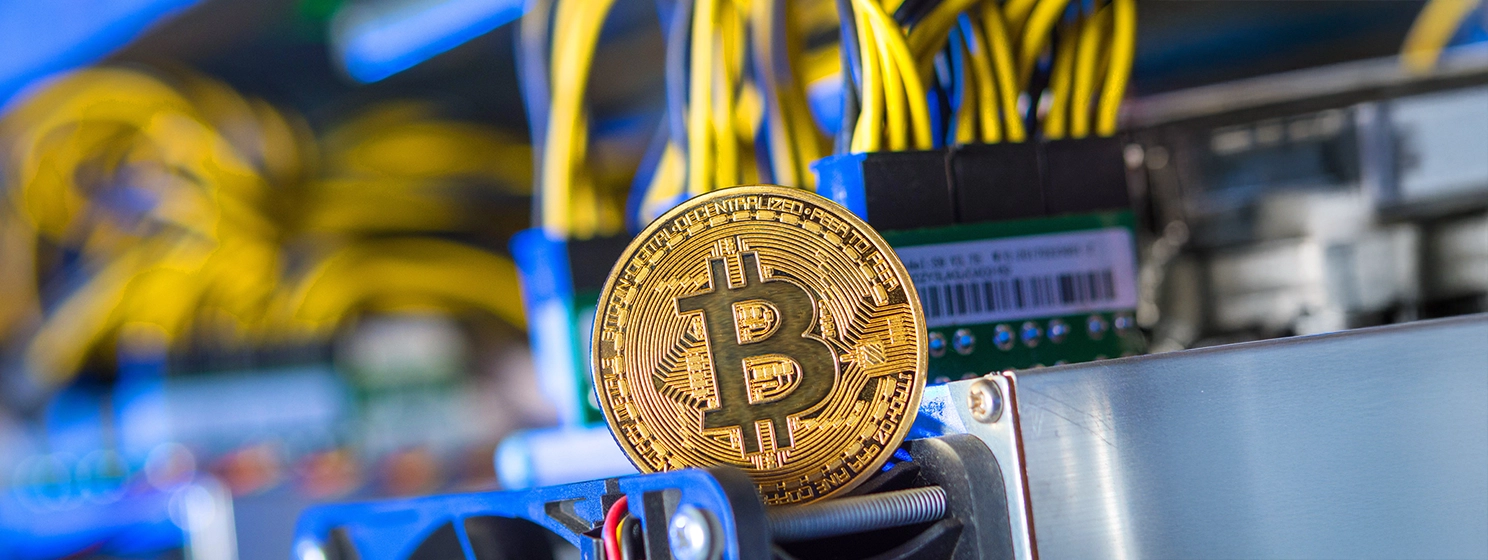|
Getting your Trinity Audio player ready...
|
Blockchain research and development leader nChain says its technology could play a big part in ensuring artificial intelligence (AI) models are secure and trustworthy.
In September, the firm successfully demonstrated a way to cryptographically prove that an AI model is trained on a certain dataset and that nothing has been tampered with. They proved this is possible in on-chain transactions on the BSV mainnet by using Zero-Knowledge Proof (ZKP) techniques that can verify information exists without revealing it publicly.
The ability to record and verify proprietary information is of major importance to AI developers, who must maintain confidentiality for competitive purposes but also need to reassure regulators and the public that their systems are developed in a responsible manner.
nChain recorded the relevant transaction here and published the tools it used to accomplish this on its GitHub page.
It’s another example of BSV‘s ability to tackle new industry segments and even create entire new industries by leveraging its key features of speed, unbounded scalability, and affordability. Data is secured by the proven proof-of-work (PoW) transaction verification algorithm rather than the less secure proof-of-stake (PoS) algorithm. The BSV network can perform tasks that other UTXO-based PoW blockchain networks simply cannot handle.
Opportunities in Verifiable AI
Verifiable AI is a relatively newer industry sector offering potential. At present, the field is primarily the domain of academics and researchers, with little in the way of commercial activity. When it comes to training data, weights and algorithms, the well-known AI firms are jealously guarding their secrets, presenting only a “black box” as the final product they expect end users to trust, as long as it works.
So a problem arises that could impact the industry in several ways: companies are in a fiercely contested race to build the most advanced AI, and the prize for winning that contest (or even stages of it) could bring them immense wealth and power. At the same time, governments and the public are wary of the secretive way AI is being developed, which builds mistrust in AI technology overall. Developers need to balance these two driving forces to achieve their goals (and possibly avoid the imposition of crippling regulations).
According to nChain Research Director Dr. Wei Zhang, this is where blockchain and ZKPs could provide the perfect solution. He wrote in a blog post that major AI players must “demonstrate that an AI system operates according to its specifications, free of critical bugs and adheres to ethical standards such as fairness, transparency and safety, ideally without revealing proprietary information of the system.”
The role of ZKPs
ZKPs are a way of proving that information exists and that you possess it without revealing its contents.
Hypothetical but simpler blockchain applications of ZKPs include an identity document that could prove you’re a certain age or reside in a certain place without needing to show those precise details to anybody. Another could prove you have adequate net worth to invest in a project without explicitly stating how much money you have.
Likewise, companies involved in AI development could use blockchain records to verify their machine learning weights and models, that training data and safety standards are sound, and that their AI model is following the guidelines they claim it to be without the risk of that information leaking to competitors.
While the ZKP concept has been around since the 1980s, the computation required to process the necessary cryptographic methods known as zk-SNARKS (that’s Zero-Knowledge Succinct Non-Interactive Arguments of Knowledge) or STARKS (Scalable Transparent Arguments of Knowledge) makes it a difficult task for most blockchain networks.
“When you think of ZKPs, there are two parts: proof generation, and proof verification,” Zhang told CoinGeek. “For SNARKS, in this particular context, the schemes we’re using are always trying to achieve efficient verification.”
“Blockchain is very expensive for on-chain computation. If on-chain computation is only restricted to verification, then it works because the heavy duty is on the proof generation side, and that is off-chain.”
The race to perfect script efficiency
Several teams are working on ways to do this besides nChain, on other blockchain networks including Ethereum and BTC. ZKPs are computationally intensive to perform. There are two parts to it: generating the proof; and verifying it. Both ETH and BTC run up against the same scaling limitations that have plagued their networks for years with other applications.
“They made verification feasible on-chain, great. And everyone is in a race trying to make the proof generation less of a burden. At the moment, you can do that for specific computation, or set of computations, but it’s very difficult to have a universal approach such that the proof generation is feasible for any computation.”
BTC as it exists today is way too limited in data capacity to perform the task, but there have been moderately successful attempts by BitVM and StarkWare at verifying STARK proofs, using the BTC testnet “Signet” (where OP_CAT has been enabled), and the recently touted “Fractal Bitcoin” (which could be described as a copy of Signet with an exotic mining mechanism). Fractal Bitcoin’s feasibility as a functional network is still a matter of debate.
The script sizes generated by these other teams have also tended to be very large, limiting their practicality; one BTC example was over 1GB.
“The downside is, they (developers on other blockchains) don’t get to optimize the script size as much as we do,” Dr. Zhang said.
BSV, on top of its unbounded scaling capacity and low cost, also has all Bitcoin’s original OP codes enabled (including OP_CAT and OP_MUL), making it more versatile for the task.
Blockchain smart contract developers at sCrypt have also successfully experimented with verifying ZKPs on-chain using BSV in the past. Even on BSV, though, the size of the script itself needs refining to ensure transactions can still be processed quickly enough to be useful. BSV has a current policy default of 500KB in script size, and for ZKPs, the verification script must fit that size.
Dr. Zhang said it’s possible to reduce script data by a quarter using nChain’s optimization methods, but each data size reduction may increase uncertainty concerning the execution time. “500KB is the magic number we want to achieve” to keep the processing time under one second, he added. Anything over one second risks timing out. Increasing the script data size to reduce time may seem counterintuitive, but it’s a matter of balancing several elements.
“It’s not obvious to everyone that there’s a trade-off between execution time and script size. In general, the opposite is correct, but in our case, there’s a particular configuration we can do to achieve that trade-off.”
The team will publish more details on its process in an upcoming conference paper, which will be available online.
nChain’s current team developing more efficient on-chain ZKPs includes Dr. Zhang himself, Senior Researcher/Cryptographer Dr. Enrique Larraia, Senior Researchers Dr. Federico Barbacovi and Mathieu Ducroux, and Researcher Dr. Luigi Lunardon. Verifiable AI included that team and Lead AI Researcher Dr. Hamid Attar, and Chief Science Officer Dr. Owen Vaughan is overseeing the projects.
The nChain researchers first constructed and verified a Groth16 proof on the public mainnet using BSV transactions in July 2024, celebrating the fact it cost only US$0.015 for the transaction fee.
The research teams from BSV, Ethereum, and BTC all continue to work hard at optimizing their techniques. However, BSV itself is providing a huge advantage in this race, given Ethereum’s high costs and the fact that most BTC-based experiments remain theoretical and testnet-based. Being the first to create a functional, cost-effective and secure AI verification product could be a foot-in-the-door in a new industry with massive growth potential.
Watch: How the nChain app lays foundation for future of event experiences

 01-05-2026
01-05-2026 




